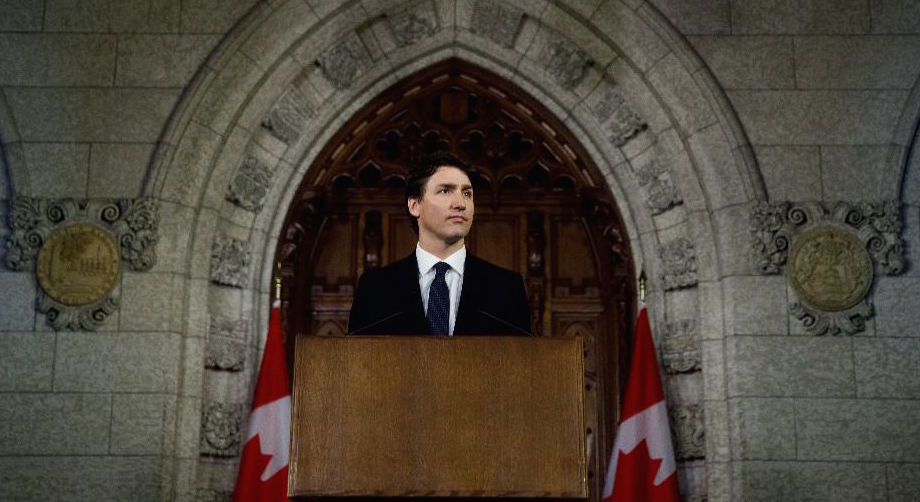The Trudeau government has decided to appeal the Ontario Superior Court ruling that would have allowed charities to do their work on behalf of Canadians, free from political harassment.
In a recent major legal victory, the group Canada Without Poverty won the ability to spend more than 10 per cent of its resources on political activities — such as recommending changes to federal laws and policies on living wages, homelessness and poverty alleviation. But now, the same government that promised during the 2015 election to remove the free speech restriction on charities (that had been imposed by the previous government) has now announced that it will challenge this court decision.
Ask yourself: why would the government want to curtail the free speech of citizens’ groups? The current system allows a group to issue charitable tax receipts to its supporters if the group applies for and receives charitable status. But then, the government can then tell that group that it can only engage in “educational” activities. The government will allow a group to tell its supporters about societal problems and what they could do, individually, to address them. However, groups are forbidden from asking their supporters to engage in collective action to encourage governments to address these problems. That would constitute a “political” activity.
What a great way for governments to protect themselves from criticism and take the energy out of civil society! Give groups an ability to issue tax receipts as an incentive to raise money from their supporters. But, then take away their ability to advocate for collective change, for better policies, for better social programs or legislation.
When groups can only point out what’s wrong with the world, but can’t suggest collective ways to address the world’s problems, it reinforces the view that social justice and environmental advocates are whiners, always ready to criticize but never willing to offer solutions.
In addition to being a brilliant means for governments to protect the status quo and to defuse social movements, restriction of charities’ free speech enhances current economic theory that individuals only make decisions that support their own narrow self-interests. It keeps people captive to a system where they are bombarded and seduced by commercial messages telling them to want more and more and more — a capitalist system, predicated on endless, unsustainable growth.
For-profit corporations are free to send out their “buy more” commercial messages while still receiving huge government subsidies. Tax breaks allow these corporations to deduct a wide range of “business expenses.” For-profit corporations are even allowed to deduct the costs of lobbying governments as a business expense.
But when non-profit corporations want to send messages suggesting ways that citizens can work together for a better world, or want to ask their supporters to urge their governments to consider these suggestions, they are marginalized and their free speech is curtailed.
It’s an inequitable system, and it will only get worse, barring real political change.
Ole Hendrickson is a retired forest ecologist and a founding member of the Ottawa River Institute, a non-profit charitable organization based in the Ottawa Valley.
Photo: Adam Scotti/PMO
Like this article? rabble is reader-supported journalism. Chip in to keep stories like these coming.




